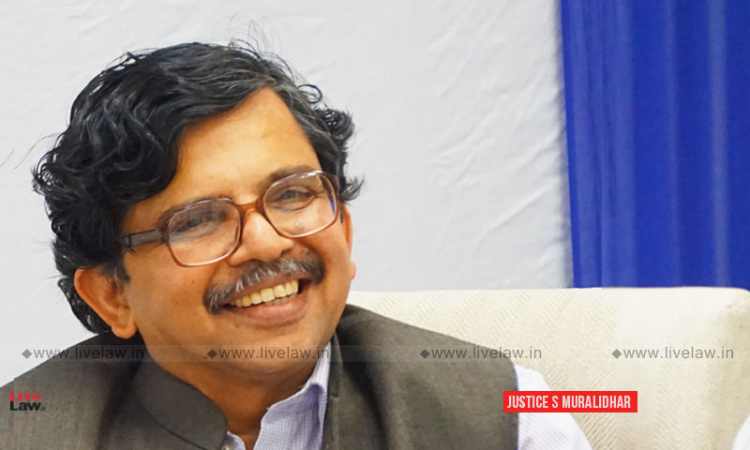Only Way To Protect Constitution Is To Practise It, Otherwise It'll Die : S Muralidhar
Amisha Shrivastava
12 April 2025 12:01 PM IST

Constitutional morality is believing in the three values of liberty, equality and fraternity, he said.
Next Story
12 April 2025 12:01 PM IST
